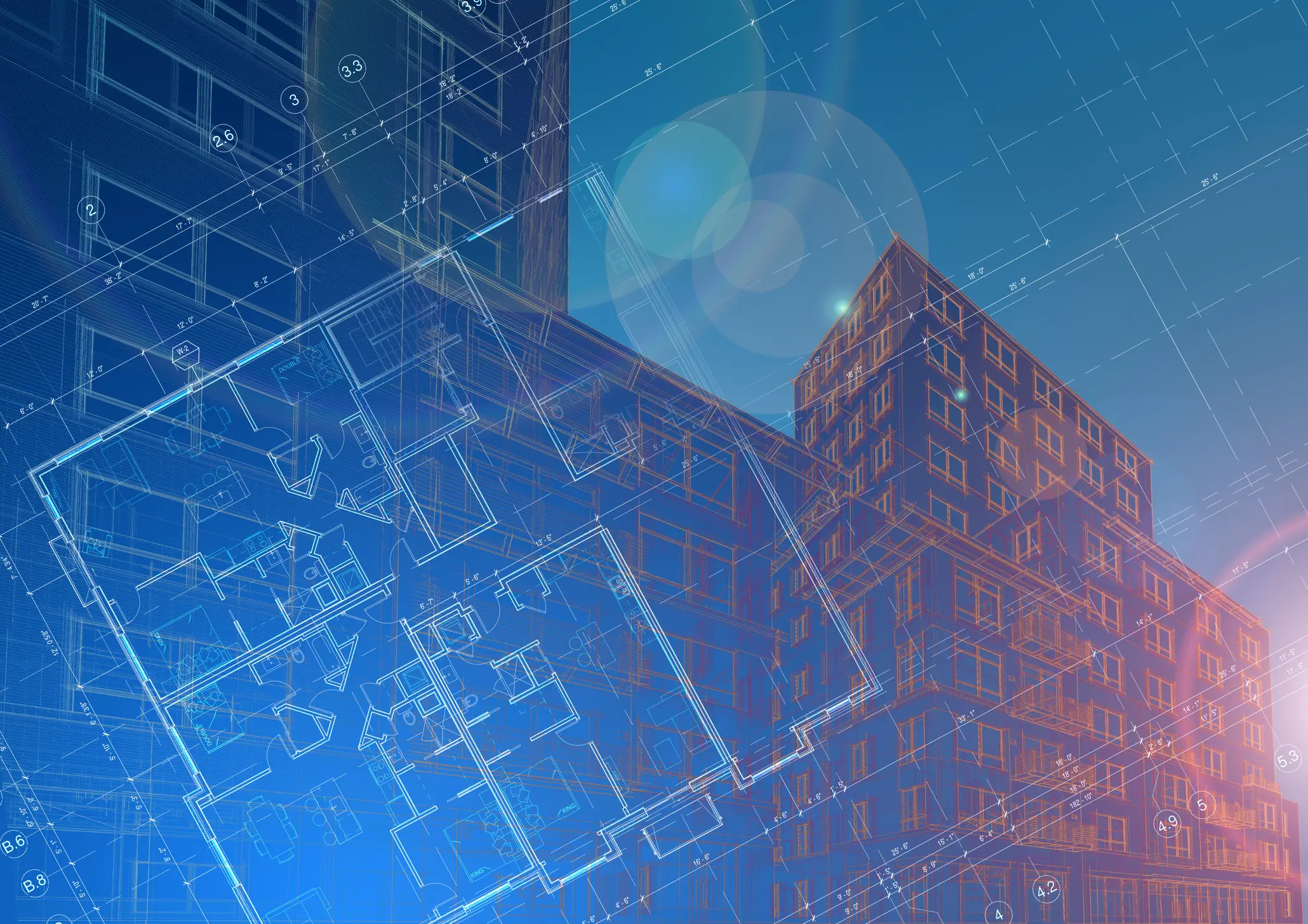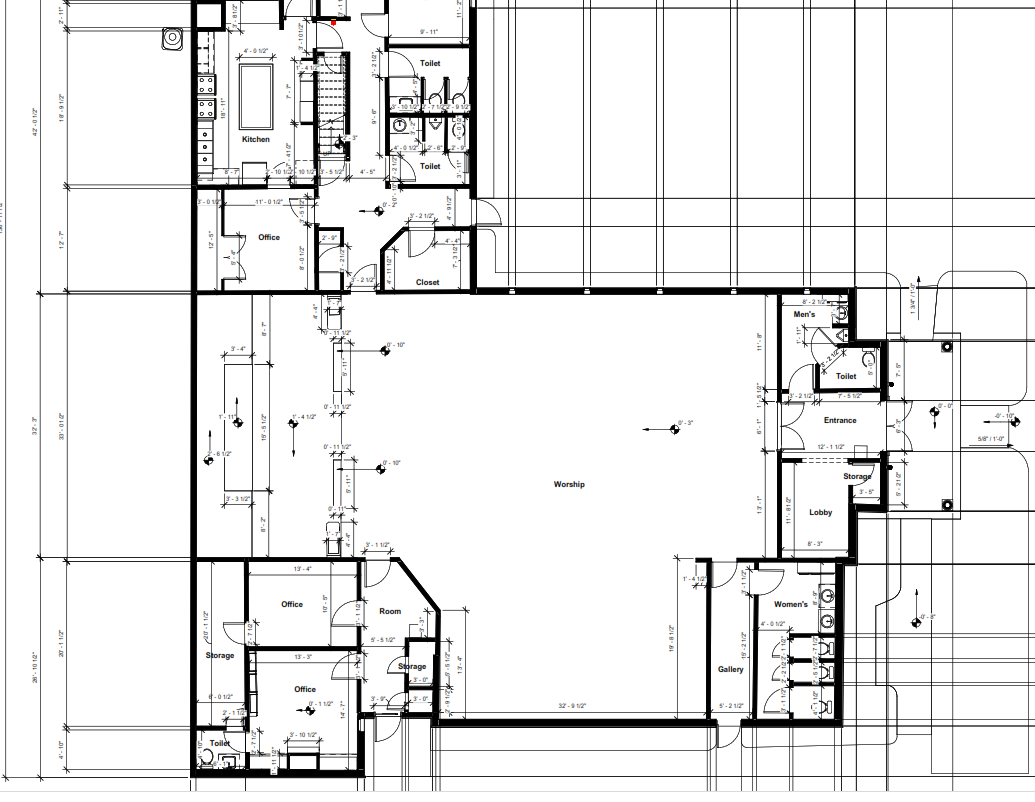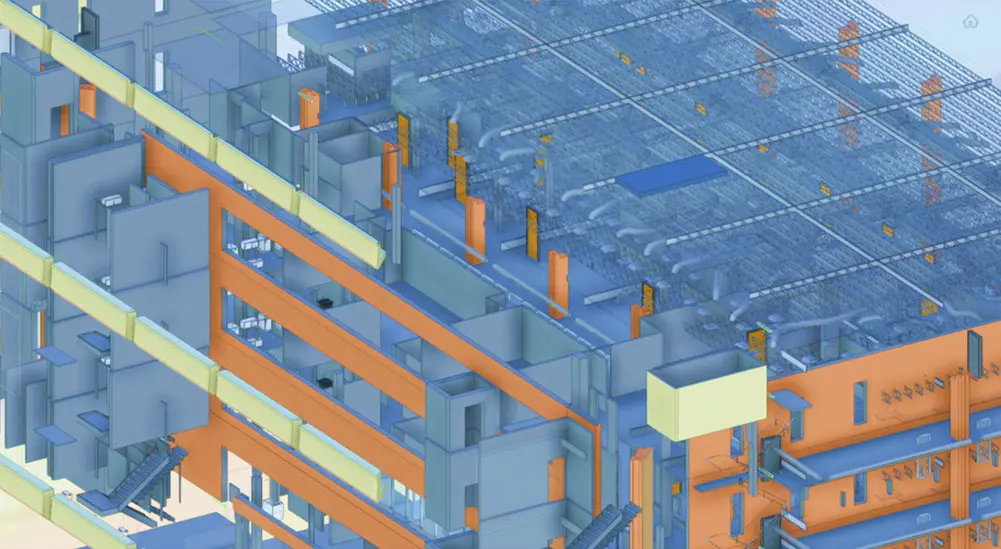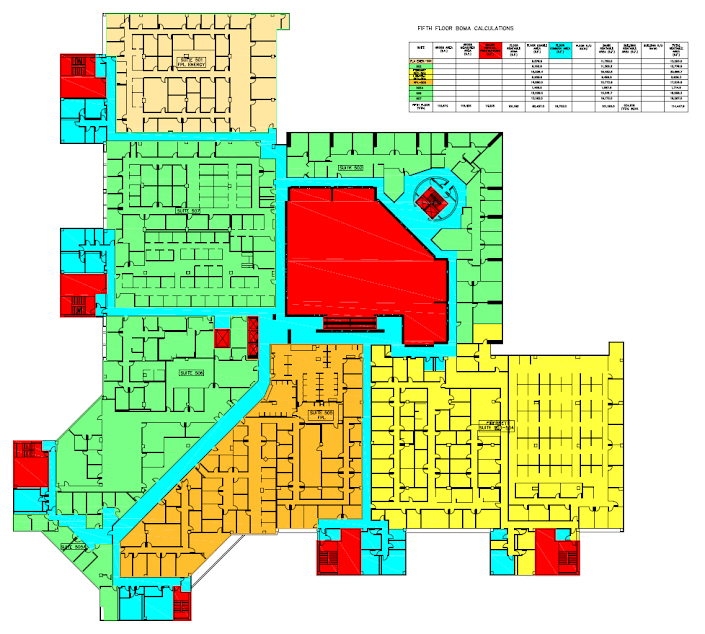The role of a construction manager is changing rapidly, with advancements in technology shaping the way projects are managed, scheduled, and delivered. With the rise of AI in construction, the role of the construction manager is evolving to incorporate the use of technology to streamline project workflows, increase safety on job sites, and improve the overall efficiency of construction projects. Construction managers who embrace AI will be able to make informed decisions that will help them optimize their operations and deliver projects on time and on budget.
The Instrument: Artificial Intelligence
Artificial intelligence is making its way into the construction industry in many different ways. One application of AI in construction is predictive analytics. By analyzing data from past projects, AI algorithms can predict where problems might arise in a current project and provide recommendations for how to prevent them. Another application of AI is machine learning, which can help construction managers make sense of large amounts of data and identify patterns that might be otherwise missed.
AI is also being used to automate construction processes, such as scheduling and material management. By automating these processes, construction managers can reduce the risk of errors and delays, while improving the overall efficiency of construction projects. With the help of AI, construction managers can optimize their schedules, manage inventory, and make informed decisions about the best course of action.
The Deliverable: Improved Construction Projects
The use of AI in construction has the potential to greatly improve the efficiency and quality of construction projects. By automating processes and analyzing data, construction managers can make more informed decisions about how to manage their projects, which can lead to improved safety, increased productivity, and reduced costs. In addition, the use of AI can help construction managers identify potential issues before they become major problems, allowing for more effective risk management.
Case Study: AI in Construction
One example of the use of AI in construction is the development of an AI system that can predict when a construction worker is about to have a fall on a job site. By analyzing data from sensors worn by workers, the AI system can detect when a worker is in a potentially dangerous situation and alert the worker and their supervisor to take action.
Another example of the use of AI in construction is the use of drones to collect data on job sites. Drones equipped with cameras and sensors can be used to collect data on job site progress, inspect equipment, and identify potential safety hazards. By using AI algorithms to analyze this data, construction managers can identify potential problems and make informed decisions about how to manage their projects.
Conclusion: The Future of AI in Construction
The use of AI in construction is still in its early stages, but the potential for this technology is vast. As more construction managers embrace AI, we can expect to see increased efficiency, improved safety, and better quality construction projects. By automating processes, analyzing data, and identifying potential problems before they become major issues, construction managers can deliver projects that meet or exceed client expectations while reducing costs and improving productivity.



